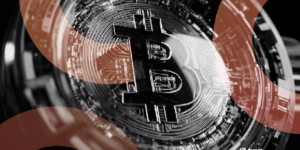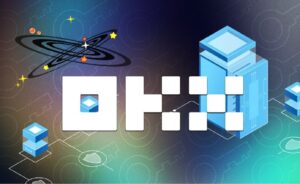A decentralized network is a collection of interconnected but distinct elements that interact with one another without the need for a centralized power or server.
What Is a Decentralized Network?
In a distributed system, each computer has an up-to-date copy of the accessible data. Instead of depending on a single central server, a decentralized network spreads information-processing tasks among numerous devices.
Recent technology developments have enabled decentralized networks by providing PCs and other devices with considerable computing capacity that can be synchronized and used for distributed processing.
A blockchain is a distributed ledger system that allows nodes to store data and all transactions to pass through it. They must agree on the data’s content for the network to function. Such networks have several advantages that include enhanced system stability, scalability, and privacy. Since individual users’ workstations are not relying on a single central server to handle all activities, one of the most fundamental advantages of decentralized network administration is that there is no true single point of failure. They are also easier to establish since new computers (devices) can be added to increase computational power.
Decentralization may also aid in resource distribution optimization, ensuring that end-to-end services are delivered with increased effectiveness and reliability, as well as a lower risk of catastrophic failure.
Furthermore, because information does not flow via a single point but through a variety of distinct locations, a decentralized network design provides better privacy to end-users which makes tracking across a network much more complex.
Decentralized social networks are also becoming popular. Instead of a centralized server controlled by a company, these platforms function on servers that are run independently. Mastodon and the upcoming decentralized social network of Twitter named ‘Blue Sky’ are some popular examples.
A drawback of such networks is that they come with high maintenance costs due to their complex and dynamic architecture. It makes them exceedingly difficult to create and govern. Decentralized networks need multiple computers that must be upgraded and modified to match the newest functionality and security standards instead of a single core server or cluster of servers. In terms of energy consumption and responsiveness (latency), decentralized machines may be less effective. Data must occasionally travel over convoluted paths from one system to another, which means requests will take longer to resolve.



